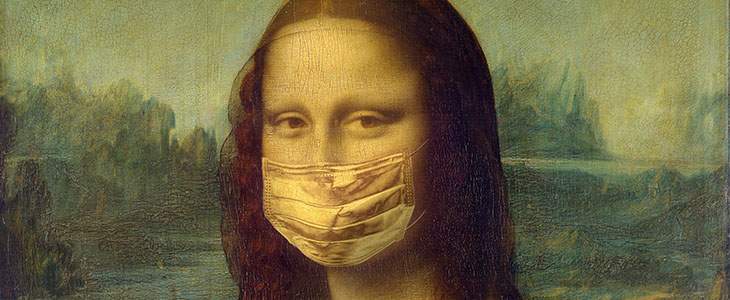1709 – Candle Tax

A candle is an ignitable wick embedded in wax, fat, tallow or another flammable solid substance. They have been used throughout history for light, heat, fragrance, aesthetic value and sometimes to tell the time. The earliest candles originated in Han China around 200 BC and were made from whale fat.
By the 13th century, candle making had become a guild craft in England and France. The candle makers, known as chandlers, sold their own candles from small candle shops or went from house to house making candles from the house-owners kitchen fats.
In 1709 the United Kingdom Government introduced the candle tax. A tax was payable by candle makers on each candle they manufactured. In addition, the making of candles by private citizens in their own homes was forbidden, unless they had a licence.
To avoid the candle tax, many citizens quite rationally, stopped buying candles or making their own. This was tax planning at its best and demonstrates how citizens will change their behaviour to avoid unfair taxes. As the citizens still needed a source of lighting, they instead switched to making rush lighting. Although rush lighting provides light just like candles, it was exempt from the candle tax. A rushlight is a type of candle or miniature torch formed by soaking the dried pith of the rush plant in fat or grease. Although cheap to produce, rushlights major flaw was that they only provided light for 10-30 minutes.
The candle tax was repealed in 1831. By the late 19th century, Price’s Candles, based in London, was the largest candle manufacturer in the world. With the 1879 invention of the incandescent light bulb, the candle making industry declined rapidly. From that point on, candles came to be marketed as more of a decorative item than a source of light.
"You’d be stupid not to try to cut your tax bill and those that don’t are stupid in business"
- Bono: U2




